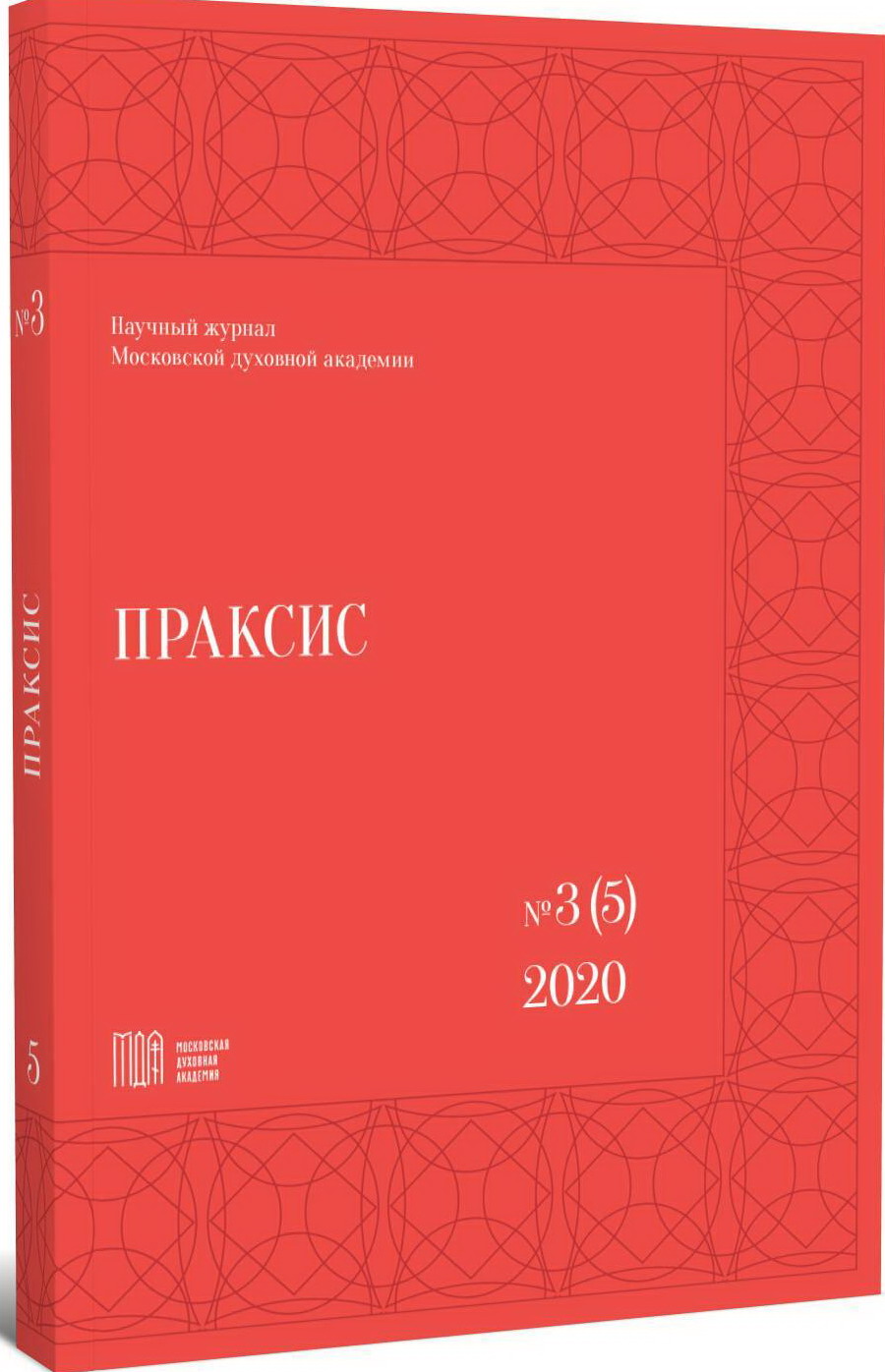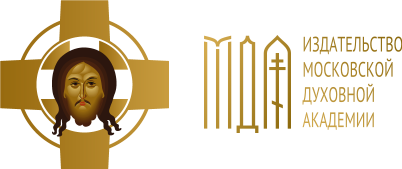Gregorian Chorale as a Cultural Phenomenon of the Early Middle Ages: Background, Formation and Development
DOI:
https://doi.org/10.31802/PRAXIS.2020.5.3.010Keywords:
Gregorian сhant, Church chant, worship, Western Church, tradition, cultural centers, Gregorian antiphonary, music theory, aesthetics, asceticism, antiquity, psalmodyAbstract
In this study, the author will raise and consider the issue of the development of
Church liturgical music, namely the emergence of such a phenomenon as the Gregorian chorale in
the Western Church. The prerequisites for its appearance can be traced back to the old Testament
liturgical hymns, both temple and later — synagogue. Then the author will analyze the perception
of music science in the ancient environment, such classics as Pythagoras, Plato, and Aristotle, what
place they assigned to it in culture and human life in General, what functions they attributed to it,
and also consider the attitude of the Church fathers and teachers to music science, their perception
of music both at worship and outside the Church space, but as a separate cultural phenomenon.
At the same time, we will consider the political processes that took place in the territories
of the Western Church, which in turn led the consciousness of the Western Church to create a single
corpus of liturgical hymns — the Gregorian chorale. The author will also answer the question:
why the Gregorian chorale can rightfully be considered a symbol of the Early middle Ages, a reflection
of the culture of that time.
Downloads
References
Афанасий Александрийский, свт. Послание к Маркеллину об истолковании псалмов. Сергиев Посад: СТСЛ, 1903.
Василий Великий, свт. Беседы на Шестоднев. М.: Отчий дом, 2010.
Ефимова Н. И. Раннехристианское пение в Западной Европе VIII–X столетий. М.: Наука, 2004.
Климент Александрийский. Педагог / пер. Н. Корсунского. Ярославль: Тип. губ. зем. Управы, 1890.
Адо И. Свободные искусства и философия в античной мысли / пер. с франц. Е. Ф. Шичалиной. М.: Греко-латинский кабинет Ю. А. Шичалина, 2002.
Боффи Г. Большая энциклопедия музыки. М.: АСТ; Астрель, 2006.
Карсавин Л. П. Культура Средних веков. Киев: Символ, 1995.
Ливанова Т. Н. История западноевропейской музыки до 1789 года: учебник в 2 т. Т. 1: по XVIII век. М.: Музыка, 1983.
Майоров Г. Г. Формирование средневековой философии. М.: Мысль, 1979.
Реале Д., Антисери Д. Западная философия от истоков до наших дней. Т. 2: Средневековье. М.: ТК Петрополис, 1995.
Уилсон-Диксон Э. История христианской музыки. СПб.: Мирт, 2001.
Уколова В. И. Античное наследие и культура раннего Средневековья (конец V — середина VII в.). М.: Наука, 1989.
Фомина З. В. Онтология музыки. Текст. Саратов: СГК им. Л. B. Собинова, 2005.
Шестаков В. П. От этоса к аффекту. История музыкальной эстетики от античности до XVIII ве ка. М.: Музыка, 1975.
Шостьин А. Нравственно-воспитательное значение музыки, по воззрениям Платона и Аристотеля. Сергиев Посад: 2-я тип. Снегирёвой, 1899.
Downloads
Published
How to Cite
Issue
Section
License

This work is licensed under a Creative Commons Attribution-ShareAlike 4.0 International License.







